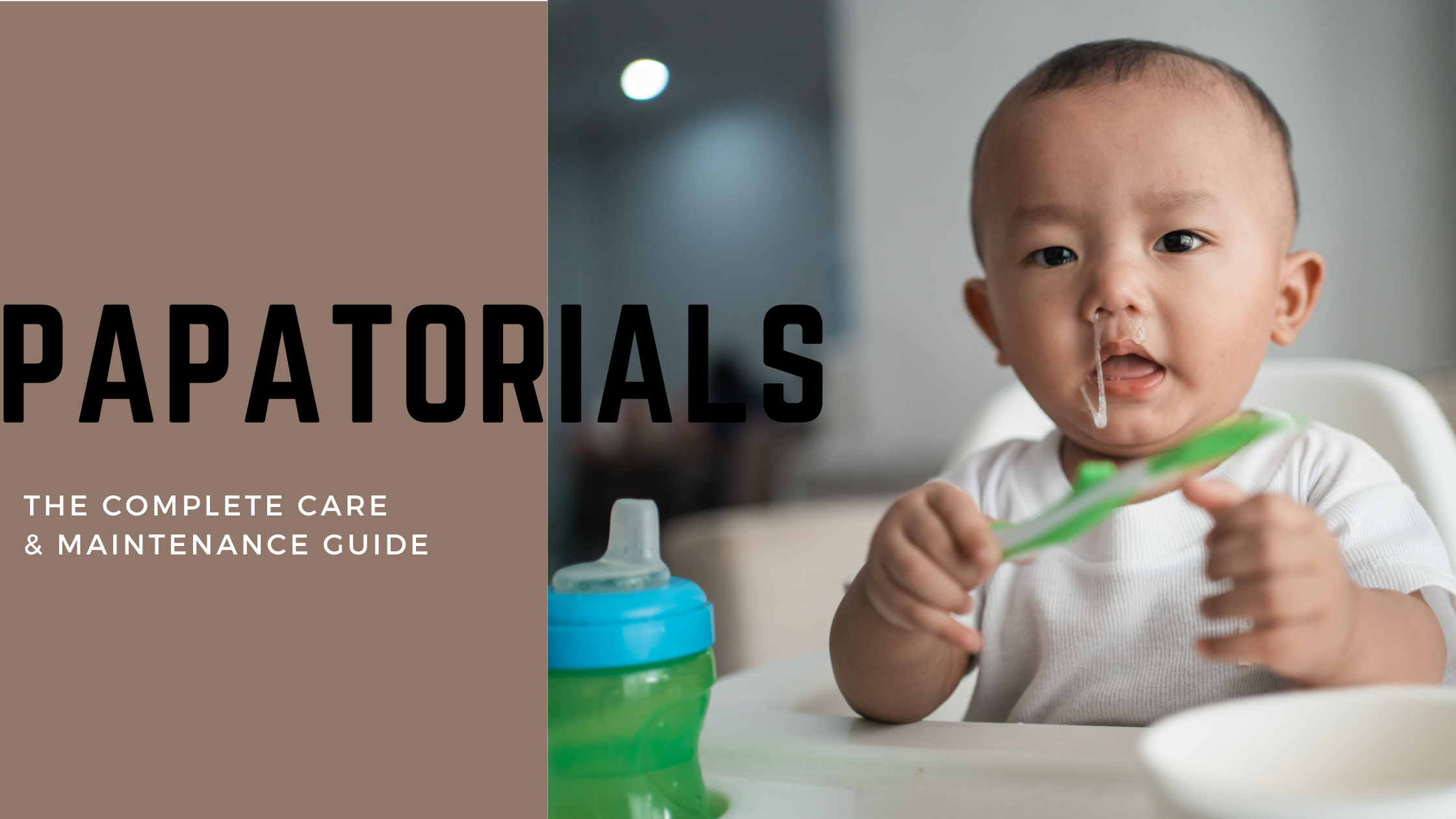
RSV
〰️
RSV 〰️
Care Plan
What to expect
RSV is a virus that causes a severe cold, characterized by thick mucus and a cough that can persist for a month. People of all ages can get RSV and may contract it multiple times throughout their lives. The virus is especially challenging for babies and toddlers, as the first infection is typically the most severe.
Most RSV symptoms are mild and can be managed at home. However, there are certain warning signs that may necessitate a visit to the doctor.
Signs of RSV typically peak on days three, four and five of illness. They may include:
Runny nose
Coughing
Sneezing
Loss of appetite
Fever
Wheezing
How to prevent?
Ensure you receive any available preventive medications or vaccinations before the RSV season begins. In addition to vaccines for pregnant individuals and adults over 60, the Centers for Disease Control and Prevention (CDC) now recommends a new preventive medication for babies before or during their first RSV season. This medication, called Beyfortus (Nirsevimab), is a single-dose monoclonal antibody given via an injection into the muscle. It introduces antibodies into the bloodstream to help babies combat the virus, reducing the risk of severe illness and hospitalization due to RSV.
How to care for RSV?
Like all colds, there is no cure for RSV, but you can ease your child's discomfort at home with the following tips:
Clear up congestion: If your child can’t (or won’t) blow their nose, use a drop or two of nasal saline in each nostril and a suction device like a bulb syringe to remove the mucus. Be careful not to overuse the bulb syringe, as it can irritate the nose. Sometimes the saline alone can trigger sneezing, which helps clear the mucus.
Use steam: Run a cool mist humidifier in your child’s bedroom and give them steamy baths. The water vapor helps to loosen congestion. Use a cool mist humidifier instead of a vaporizer to avoid the risk of burns.
Try honey: If your child is at least a year old, give them honey to help relieve their cough. Honey is as effective as over-the-counter cough medications without the side effects.
Relieve pain:Use acetaminophen (for children over 2 months) or ibuprofen (for children over 6 months) as needed for fever or discomfort. These medications can alleviate muscle aches, headaches, and sore throats. For ear pain, you can also place a warm washcloth over the ear.
Stay hydrated: For infants, breast milk or formula provide the best hydration due to their nutrients. For older children, offer a variety of fluids with salt and sugar if they are not eating well. Apple juice, water, popsicles, milk, soup, and water-rich foods like watermelon and cucumbers are great options. Milk will not worsen mucus.
When to Seek Medical Care
Trust your instincts to determine if your child's cold requires medical attention. If you notice any severe symptoms or are unsure about their condition, it is best to consult a healthcare provider.